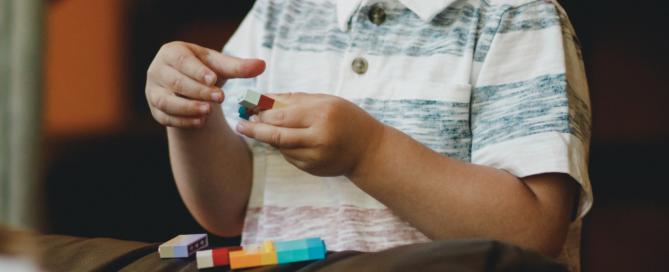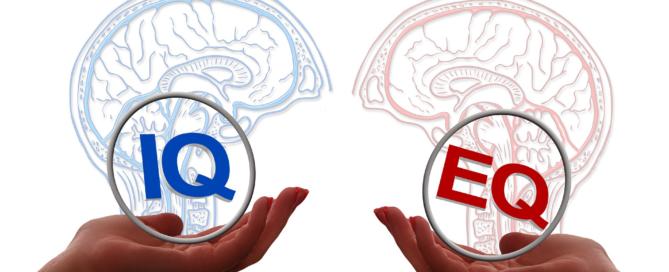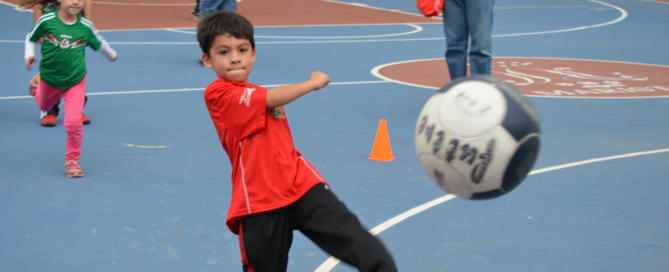‘Got no friends? Sit on the buddy bench.’ Untested anti-bullying programs may be missing the mark
Karyn Healy, QIMR Berghofer Medical Research Institute Around 15% of Australian school students experience bullying in a school year. Being bullied increases the risk for ongoing depression and anxiety. All Australian states have policies to address school bullying. And many schools also run educational programs aimed at preventing bullying. Efforts to reduce bullying are commendable. [...]










